Home>Garden Essentials>How Long Does It Take Spinach To Germinate
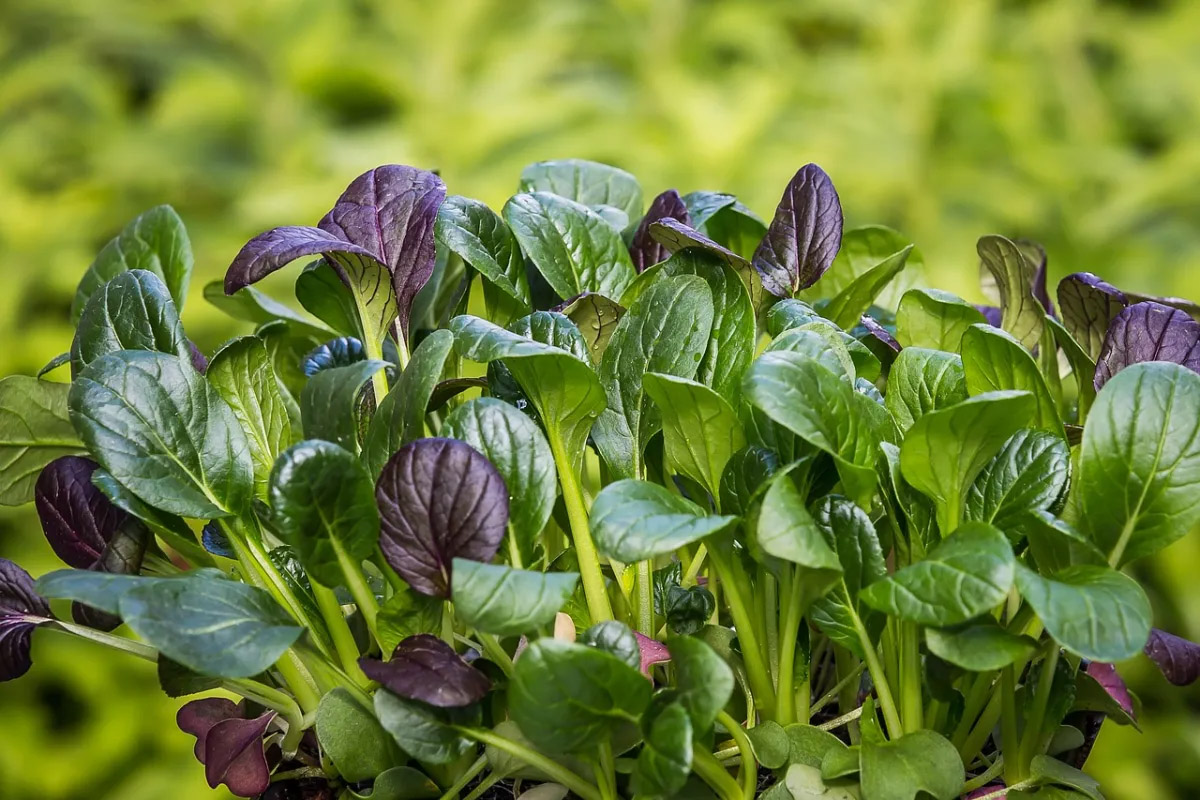

Garden Essentials
How Long Does It Take Spinach To Germinate
Modified: March 24, 2024
Learn how long it takes for spinach to germinate in your garden. Discover the best techniques and tips for successful spinach germination.
(Many of the links in this article redirect to a specific reviewed product. Your purchase of these products through affiliate links helps to generate commission for Storables.com, at no extra cost. Learn more)
Introduction
Welcome to the world of gardening! If you’re a beginner or an experienced gardener looking to grow your own vegetables, then you’ve come to the right place. In this article, we will explore the fascinating process of spinach germination and provide you with all the information you need to successfully grow your own spinach plants.
Germination is the process by which a seed transforms into a new plant. It is the crucial first step in the growth cycle of any plant, including spinach. Understanding the factors that affect spinach germination and creating the ideal conditions for this process will greatly increase your chances of success.
Spinach is a cool-season vegetable that thrives in cooler temperatures, making it an excellent choice for spring and fall gardens. Whether you’re planning to grow spinach in containers, raised beds, or directly in the ground, knowing how long it takes spinach seeds to germinate is essential for proper planning and maintenance.
In the following sections, we will explore the various factors that can affect spinach germination, the ideal conditions for successful germination, the typical germination time for spinach seeds, as well as some tips for ensuring a successful germination process. By the end of this article, you’ll be well-equipped to grow healthy and vibrant spinach plants in your own garden. So let’s dive in!
Key Takeaways:
- Spinach seeds take around 7 to 14 days to germinate in cool temperatures of 50-70°F. Pre-soaking seeds and providing consistent moisture and soil quality can improve germination success.
- Common germination problems like slow germination, damping-off disease, and poor seed quality can be addressed by maintaining optimal conditions and proactive measures like using physical barriers and providing essential nutrients.
What is Germination?
Germination is the process by which a seed begins to sprout and develop into a new plant. It is a vital step in the life cycle of plants, as it marks the transition from a dormant seed to an actively growing organism. During germination, the seed absorbs water and breaks its dormancy, initiating various biochemical processes that result in the emergence of a root, followed by the shoot.
In the case of spinach seeds, germination is the transformation of the seed into a spinach plant. The seed contains an embryo, which is a small, undeveloped plant with all the genetic information necessary for growth. When the right conditions are provided, the seed begins to swell and absorb water, triggering metabolic activity. This leads to the activation of enzymes, which in turn enable the conversion of stored energy (in the form of carbohydrates and fats) into usable nutrients for the growing plant.
The process of germination consists of several stages. First, the seed absorbs water through its seed coat, causing it to swell and activate internal processes. Once water is absorbed, the seed coat softens and eventually ruptures. This allows the emerging radicle, or primary root, to push through the seed coat and anchor itself into the soil. As the radicle continues to grow, it is followed by the emergence of the hypocotyl, which is the embryonic shoot.
As the hypocotyl elongates, it pushes the cotyledons (seed leaves) above the soil surface. These cotyledons provide the initial source of nutrients for the developing plant until the true leaves emerge and photosynthesis can take place. With the emergence of the true leaves, the seedling is now established and on its way to becoming a full-grown spinach plant.
Germination is a complex process influenced by various internal and external factors. Understanding these factors and providing the ideal conditions for germination is vital for successful spinach cultivation. In the following sections, we will delve into the factors that can impact spinach germination and the optimal conditions required for favorable outcomes.
Factors Affecting Spinach Germination
Several key factors play a significant role in the germination of spinach seeds. Understanding these factors will help you create the optimal conditions for successful germination and maximize your chances of growing healthy spinach plants. Let’s explore these factors in detail:
1. Temperature: Spinach is a cool-season crop and prefers cooler temperatures for germination. The optimum temperature range for spinach germination is between 50-70°F (10-21°C). Higher temperatures can inhibit germination, while temperatures below 40°F (4°C) can significantly slow down the process. To ensure successful germination, it’s crucial to provide the right temperature conditions.
2. Moisture: Adequate moisture is essential for spinach germination. The seeds need moisture to initiate metabolic activity and activate enzymes for growth. It’s crucial to keep the soil consistently moist during germination. However, excessive water can lead to seed rot or fungal diseases, so be mindful not to overwater. Ensure a balance by keeping the soil moist but not waterlogged.
3. Soil Quality: The quality of the soil plays a vital role in spinach germination. Spinach prefers well-draining soil that is rich in organic matter. Loose, loamy soil with good drainage allows for proper root development and prevents waterlogging, which can hinder germination. Before planting spinach seeds, amend the soil with compost or well-rotted manure to improve its fertility and structure.
4. Light: Unlike some seeds that require light to germinate, spinach seeds prefer darkness. This means that you don’t need to expose spinach seeds to direct sunlight during germination. However, once the seedlings emerge and the true leaves appear, they will require adequate light for healthy growth. Place the seedlings in a location that receives at least 6-8 hours of sunlight per day or use grow lights if growing indoors.
5. Seed Quality: The quality of the seeds you use can greatly impact germination success. It’s important to select quality spinach seeds from reputable suppliers. Look for seeds that are fresh, plump, and free from damage or disease. Older or improperly stored seeds may have reduced viability, leading to lower germination rates. Always check the seed packet for the expiration date and germination rate information.
6. Seed Depth: The depth at which spinach seeds are planted can affect germination. Spinach seeds are relatively small and should be planted at a depth of about ½ to 1 inch (1.3-2.5 cm) in the soil. Planting seeds too shallowly can expose them to drying out, while burying them too deeply can prevent proper emergence of the seedlings. Follow the recommended planting depth on the seed packet for best results.
By considering these factors and providing the optimal conditions, you can significantly increase your chances of successful spinach germination. In the next section, we will explore the ideal conditions required for spinach germination and the expected germination time.
Ideal Conditions for Spinach Germination
To ensure successful germination of spinach seeds, it is crucial to create the ideal conditions that promote optimal growth. By providing the following conditions, you can maximize the chances of successful germination and establish healthy spinach seedlings:
1. Temperature: Spinach seeds germinate best in cool temperatures. The ideal temperature range for spinach germination is between 50-70°F (10-21°C). Ensure that the soil temperature remains within this range during the germination period. You can use a soil thermometer to monitor the temperature or take advantage of the natural temperature fluctuations in the spring or fall seasons.
2. Moisture: Adequate moisture is necessary for spinach seeds to germinate. Ensure the soil remains evenly moist, but not waterlogged, throughout the germination process. Water the soil gently to avoid disturbing the seeds and cover the planted area with a thin layer of mulch to help retain moisture. Regularly check the soil moisture level and adjust watering accordingly.
3. Soil Quality: Spinach prefers well-draining soil that is rich in organic matter. Prior to planting spinach seeds, prepare the soil by loosening it and incorporating compost or well-rotted manure. This will improve the soil structure, provide essential nutrients, and ensure proper drainage. Avoid compacted or heavy clay soils, as they can impede germination and root development.
4. Light: Spinach seeds do not require light to germinate and can be successfully germinated in darkness. However, once the seedlings emerge, they require adequate light to develop into healthy plants. Place the seedlings in a location that receives at least 6-8 hours of direct sunlight per day. If growing indoors, use grow lights to provide the necessary light intensity.
5. Seed Spacing: Proper seed spacing is important to allow each seedling ample room to grow without competition. Space spinach seeds approximately 1-2 inches (2.5-5 cm) apart in rows or follow the instructions on the seed packet. Proper spacing ensures that each seedling has access to sufficient nutrients, water, and sunlight, promoting healthy growth and preventing overcrowding.
6. Protection from Pests and Disease: Protecting the germinating seeds from pests and diseases is crucial for successful germination. Use physical barriers, such as row covers or protective netting, to prevent birds or small animals from accessing the seeds. Additionally, regular inspection and early intervention for common diseases like damping-off or fungal infections can help mitigate any potential issues.
By providing these ideal conditions, you can create a favorable environment for spinach germination. However, it is important to note that individual gardening conditions may vary, and adjustments might be needed depending on your specific location and climate. In the next section, we will explore the average germination time for spinach seeds and provide tips for ensuring a successful germination process.
Spinach seeds typically germinate within 7-14 days when planted in well-draining soil with plenty of sunlight and kept consistently moist. Patience is key as germination time can vary based on environmental conditions.
Germination Time for Spinach Seeds
The germination time for spinach seeds can vary depending on several factors, including temperature, moisture, and seed quality. On average, spinach seeds take around 7 to 14 days to germinate under optimal conditions. However, it is important to note that germination can occur earlier or take longer, depending on various factors.
Temperature plays a critical role in the germination time of spinach seeds. Cooler temperatures within the ideal range of 50-70°F (10-21°C) can speed up the germination process. In contrast, higher temperatures can slow down germination or even inhibit it. It is essential to maintain a consistent temperature within the optimal range to promote quicker and successful germination.
Moisture is another crucial factor in germination time. The seeds require adequate moisture to initiate the metabolic processes necessary for germination. Keeping the soil consistently moist during the germination period is important, as drying out can delay or hinder the germination process. Regularly check the soil moisture level and water as needed to provide the optimal conditions for germination.
Seed quality also influences germination time. Using fresh, high-quality spinach seeds improves the chances of quick and successful germination. Older or poorly stored seeds may have reduced viability, leading to longer germination times or lower germination rates. Always check the expiration date on the seed packet and select seeds from reputable suppliers to ensure optimal results.
It is important to be patient during the germination process. Some spinach seeds may sprout earlier, while others may take a little longer to germinate. Different varieties of spinach may also have slightly different germination times. Continuous monitoring and providing the ideal conditions will help ensure successful germination.
During the germination period, it is essential to provide gentle care and avoid disturbing the emerging seedlings. Be careful when watering to prevent dislodging the seeds or damaging the delicate roots. Once the seedlings emerge, provide adequate light, proper spacing, and continue to maintain optimal moisture levels to support their growth.
By understanding the average germination time and providing the optimal conditions, you can ensure a successful germination process for your spinach seeds. In the following section, we will provide some valuable tips to increase your chances of achieving successful spinach germination.
Read more: How Long Does It Take Turnips To Germinate
Tips for Successful Spinach Germination
To increase the chances of successful spinach germination, consider the following tips and strategies:
1. Pre-soak the seeds: To accelerate germination, you can pre-soak the spinach seeds for a few hours before planting. Fill a small container with lukewarm water and place the seeds in it. Allow them to soak for 2-4 hours, then drain the water and plant the seeds immediately. This process helps expedite the absorption of water by the seeds, jump-starting the germination process.
2. Start seeds indoors: If you live in an area with a short growing season, consider starting your spinach seeds indoors. Planting seeds indoors allows you to control the germination conditions more effectively. Use seed-starting trays or pots filled with a high-quality seed-starting mix. Keep the soil consistently moist and provide adequate light or use grow lights to ensure healthy seedling development.
3. Thin out seedlings: Once the spinach seedlings have emerged, it’s important to thin them out to provide sufficient space for each plant to grow. Overcrowded seedlings can impede their growth and increase the risk of disease. Carefully remove the weaker seedlings, leaving the healthiest and strongest ones with proper spacing of at least 4-6 inches (10-15 cm) apart.
4. Avoid overwatering: While maintaining adequate moisture is crucial, overwatering can lead to seed rot or fungal diseases. Water the soil gently when needed, ensuring that it remains consistently moist but not waterlogged. Consider using a watering can or drip irrigation to deliver water directly to the soil and avoid wetting the foliage excessively.
5. Use a germination aid: Some gardeners find success by using germination aids to enhance spinach germination. These aids, such as vermiculite or coconut coir, can help improve moisture retention and provide a favorable environment for seed germination. Lightly sprinkle a thin layer of the germination aid over the planted seeds, following the package instructions for application.
6. Monitor temperature fluctuations: Temperature consistency is crucial for successful spinach germination. Avoid exposing the planted seeds to extreme temperature fluctuations, especially if planting directly in the ground. Use protective measures such as row covers or cloths to shield the seeds from drastic temperature changes. This will promote more reliable germination rates.
7. Consider succession planting: To extend your spinach harvest and ensure a continuous supply, practice succession planting. Instead of sowing all the seeds at once, stagger your plantings over several weeks. This allows for a continuous production of spinach throughout the growing season, ensuring you’ll have a fresh supply of tender greens for your meals.
Remember, not all seeds may germinate, and germination rates can vary. It’s important to be patient and allow enough time for the seeds to sprout. By following these tips and providing the optimal conditions, you’ll increase your chances of successful spinach germination.
In the next section, we will address some common germination problems that you may encounter and provide solutions to help you overcome them.
Common Germination Problems and Solutions
While spinach germination is generally a straightforward process, there are a few common problems that gardeners may encounter. Understanding these issues and their solutions will help you address them effectively and increase your chances of successful spinach germination. Let’s explore some common problems and their solutions:
1. Slow or uneven germination: If your spinach seeds are germinating slower than expected or if you notice uneven germination, temperature fluctuations may be the culprit. Ensure that the seeds are kept consistently within the optimal temperature range of 50-70°F (10-21°C). Providing a warm germination environment, such as using a heating mat, can help speed up the process and promote more uniform germination.
2. Damping-off disease: Damping-off is a common fungal disease that affects seedlings, causing them to wilt, collapse, and ultimately die. To prevent damping-off, ensure proper soil drainage and avoid overwatering. Use sterile seed-starting mix or sterilize the soil if starting seeds outdoors. Additionally, provide adequate air circulation by spacing seedlings adequately and avoid overcrowding.
3. Seed rot or fungal diseases: Excessive moisture or poor air circulation can lead to seed rot or fungal diseases, preventing seeds from germinating or harming emerged seedlings. To prevent these issues, avoid overwatering and ensure proper drainage. Allow soil to dry slightly between waterings. Provide good air circulation by thinning out seedlings and avoiding overcrowding.
4. Bird or animal damage: Birds and small animals may be attracted to newly planted seeds, resulting in the destruction of seedlings. Protect the planted area by using physical barriers like row covers or netting to prevent access. Scare tactics, such as using reflective objects or noise deterrents, can also help deter birds and animals.
5. Poor seed quality: Using old or low-quality spinach seeds can result in low germination rates or even complete failure. Ensure that you are using fresh, high-quality spinach seeds purchased from reputable suppliers. Check the seed packet for the expiration date and germination rate information. Proper seed storage in a cool, dry place can also help maintain seed viability.
6. Nutrient deficiencies: Lack of essential nutrients in the soil can impede germination and hinder seedling development. Before planting spinach seeds, amend the soil with compost or well-rotted manure to improve nutrient levels. Additionally, consider using a balanced organic fertilizer to provide essential nutrients for healthy seedling growth.
By being proactive and addressing these common germination problems, you’ll increase your chances of successful spinach germination. Regular monitoring and prompt action can help mitigate any issues that may arise during the germination process.
In the final section, we’ll wrap up the article and summarize the key points to remember for successful spinach germination.
Conclusion
Congratulations! You are now equipped with the knowledge and tips to successfully germinate spinach seeds and grow your own vibrant spinach plants. Germination is a crucial step in the gardening journey, and understanding the factors that affect spinach germination is essential for achieving optimal results.
Remember, providing the ideal conditions for spinach germination is key. This includes maintaining proper temperature, moisture, and soil quality. Pay attention to temperature fluctuations, avoid overwatering, and ensure well-drained soil enriched with organic matter. Creating a favorable environment will promote healthy germination and seedling development.
Be patient during the germination process, as spinach seeds have varying germination times. Monitor the progress and make adjustments as needed to maintain the optimal conditions. Pre-soaking the seeds, starting indoors, and thinning out seedlings are strategies that can increase germination success.
Keep an eye out for common germination problems such as slow or uneven germination, damping-off disease, seed rot, animal damage, or poor seed quality. By understanding these issues and implementing the appropriate solutions, you can overcome challenges and increase your chances of successful germination.
Once your spinach seeds germinate and the seedlings emerge, continue to provide the right conditions for healthy growth. Ensure they receive adequate light, proper spacing, and ongoing care to develop into robust spinach plants.
By following these guidelines and putting your newfound knowledge into practice, you’ll be well on your way to enjoying a bountiful harvest of fresh and nutritious spinach from your own garden.
Remember, gardening is a journey of learning and experimentation. Don’t be afraid to try new techniques and adapt to the unique conditions of your garden. Happy gardening, and may your spinach germination be successful!
Frequently Asked Questions about How Long Does It Take Spinach To Germinate
Was this page helpful?
At Storables.com, we guarantee accurate and reliable information. Our content, validated by Expert Board Contributors, is crafted following stringent Editorial Policies. We're committed to providing you with well-researched, expert-backed insights for all your informational needs.

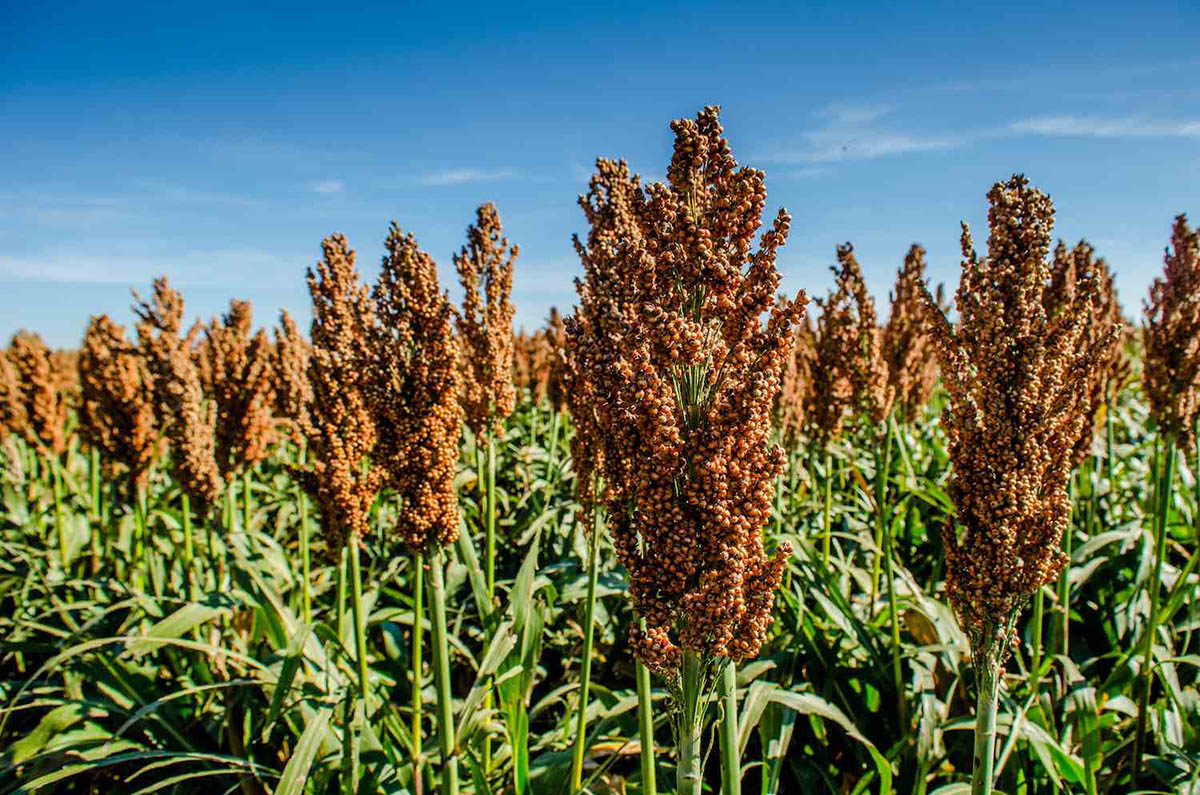
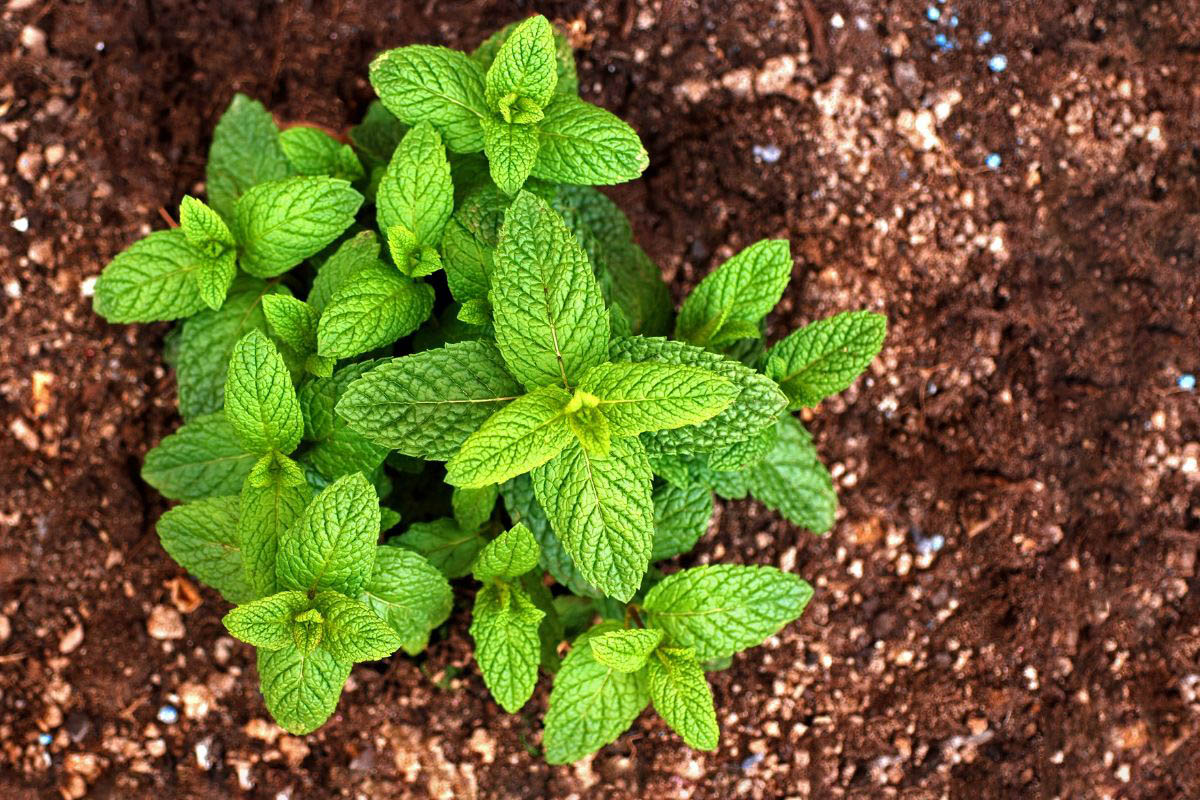
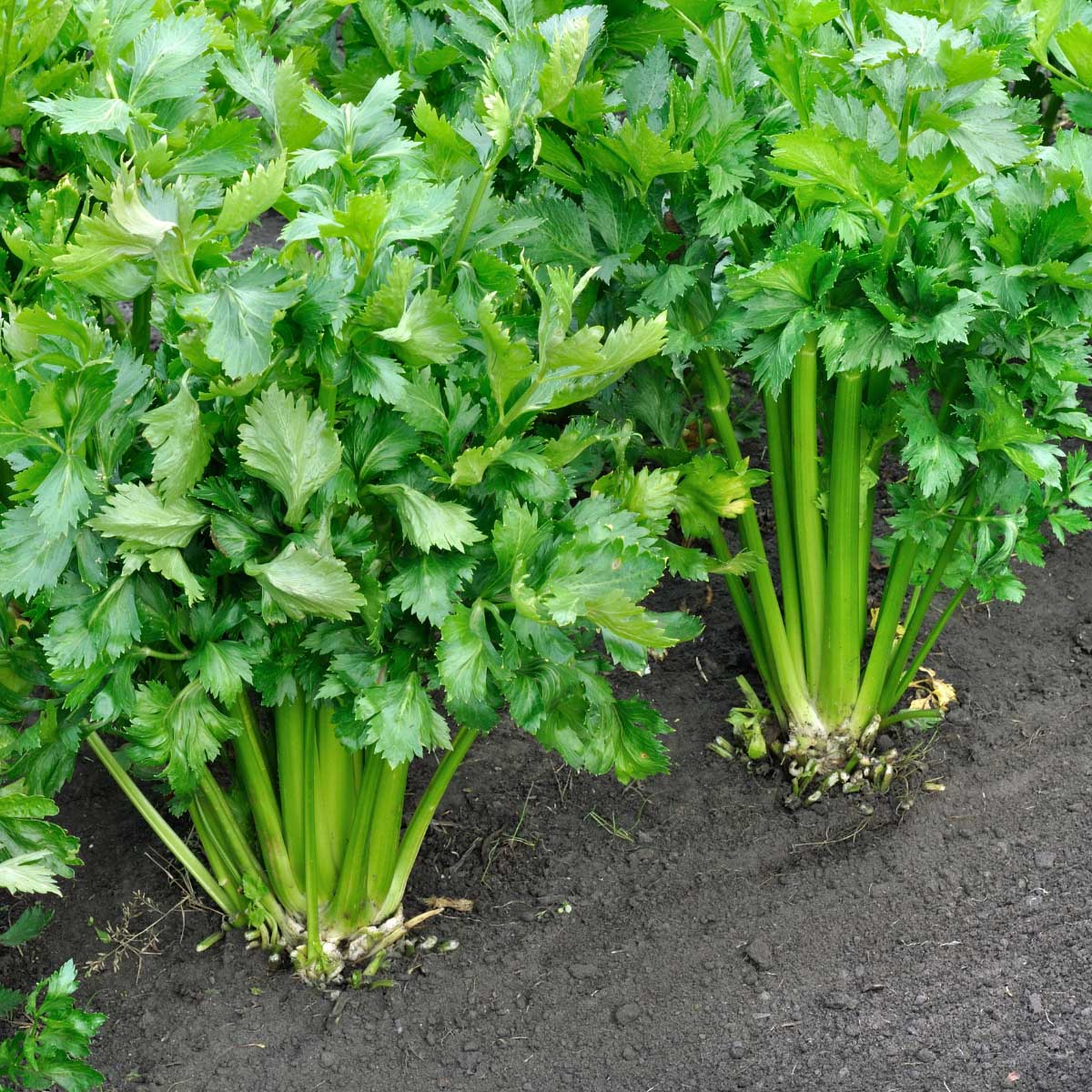
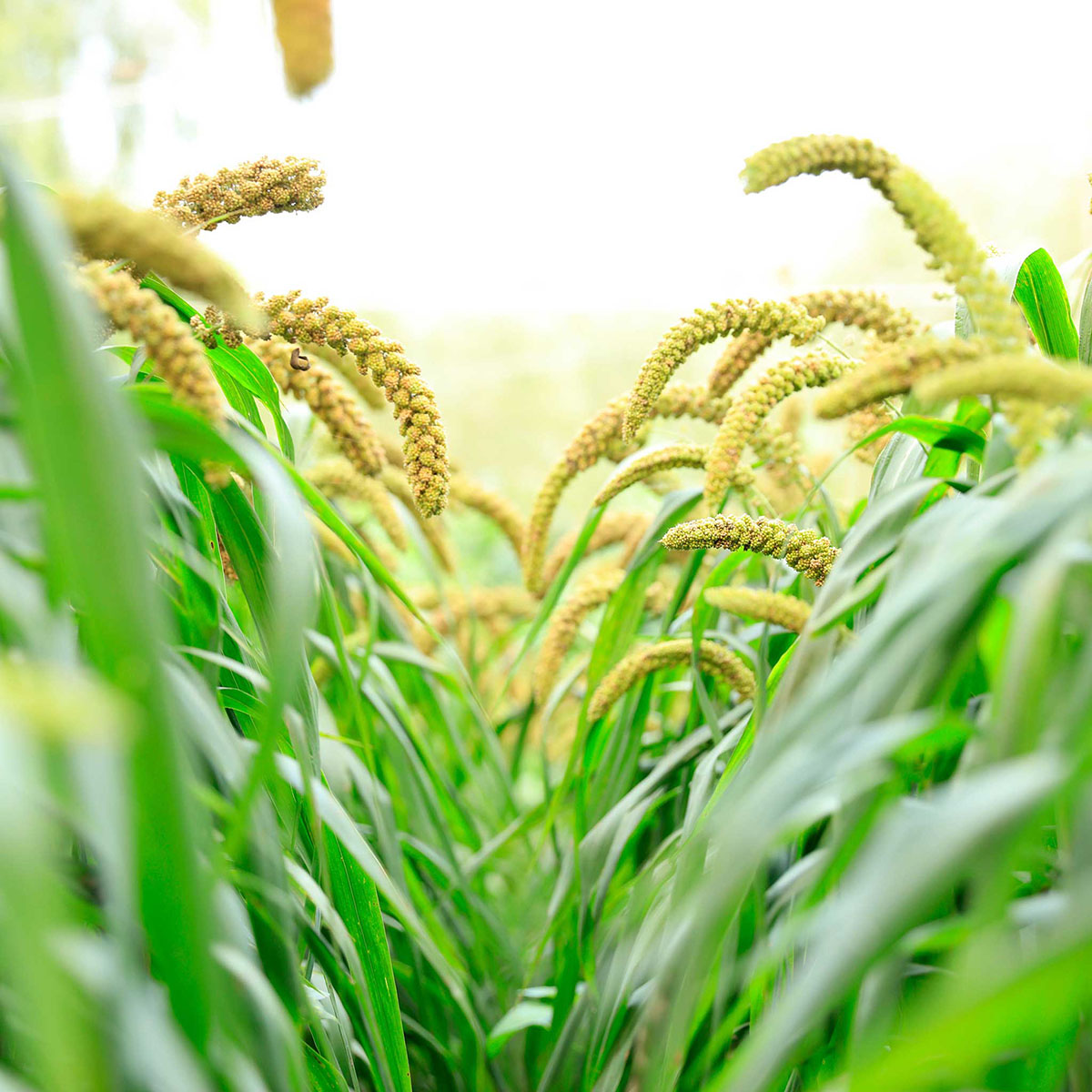

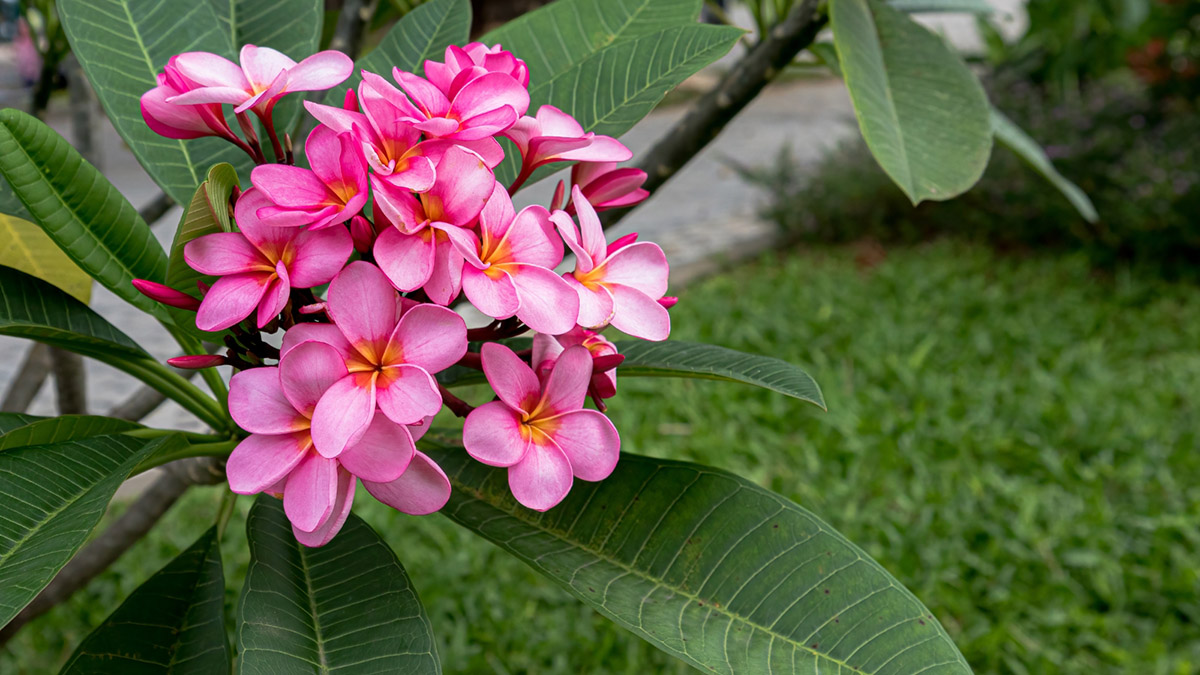
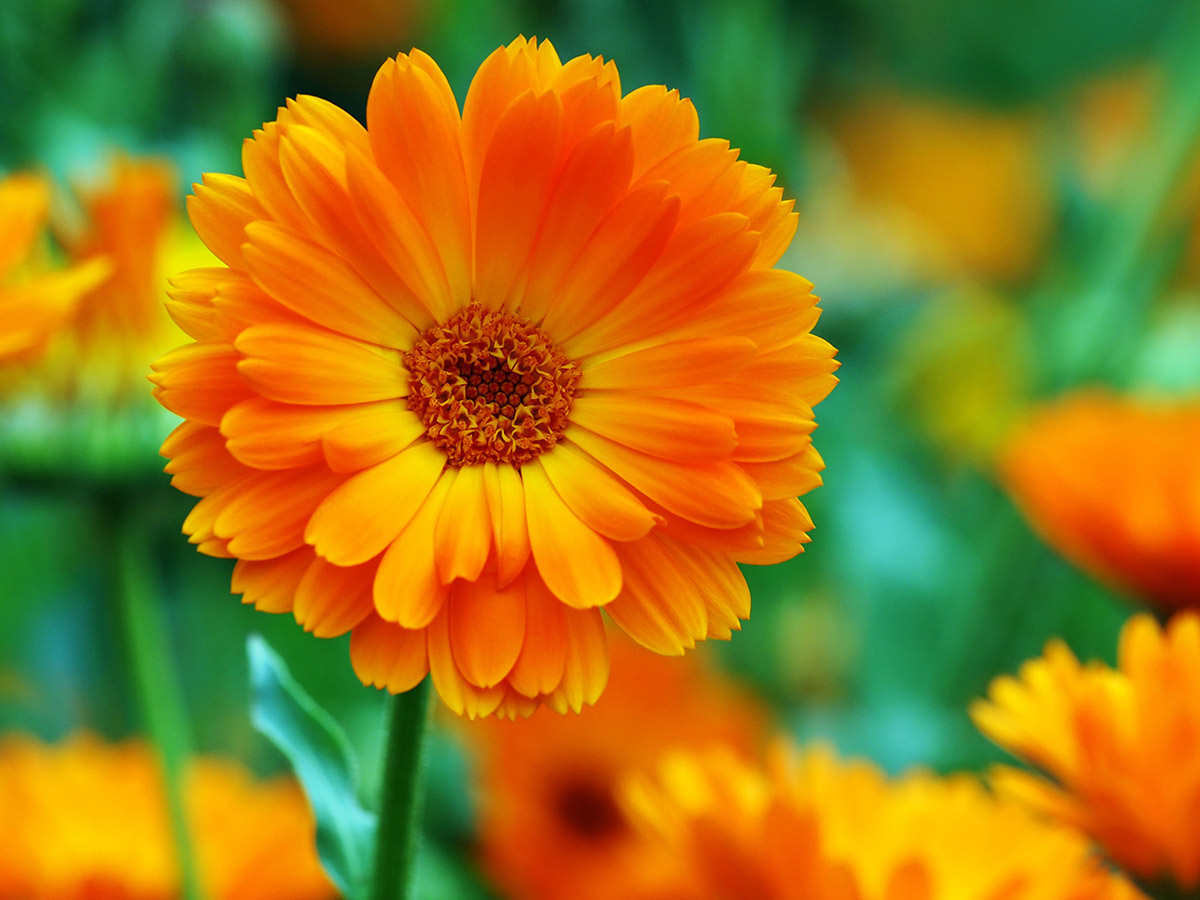
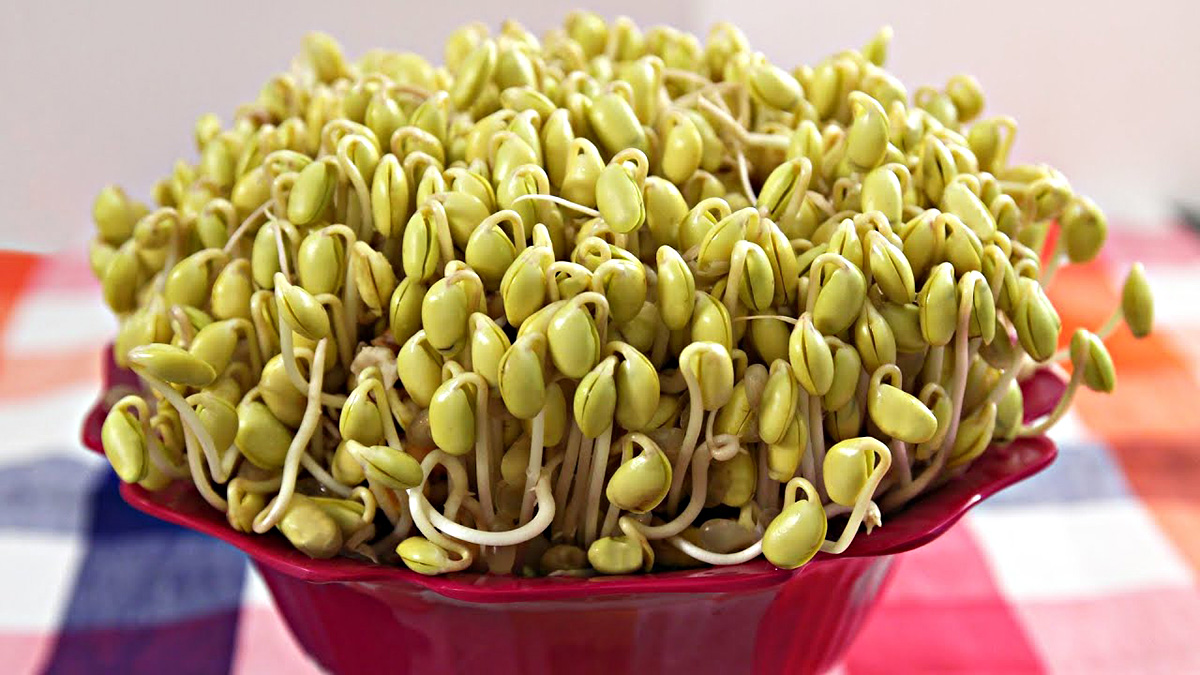
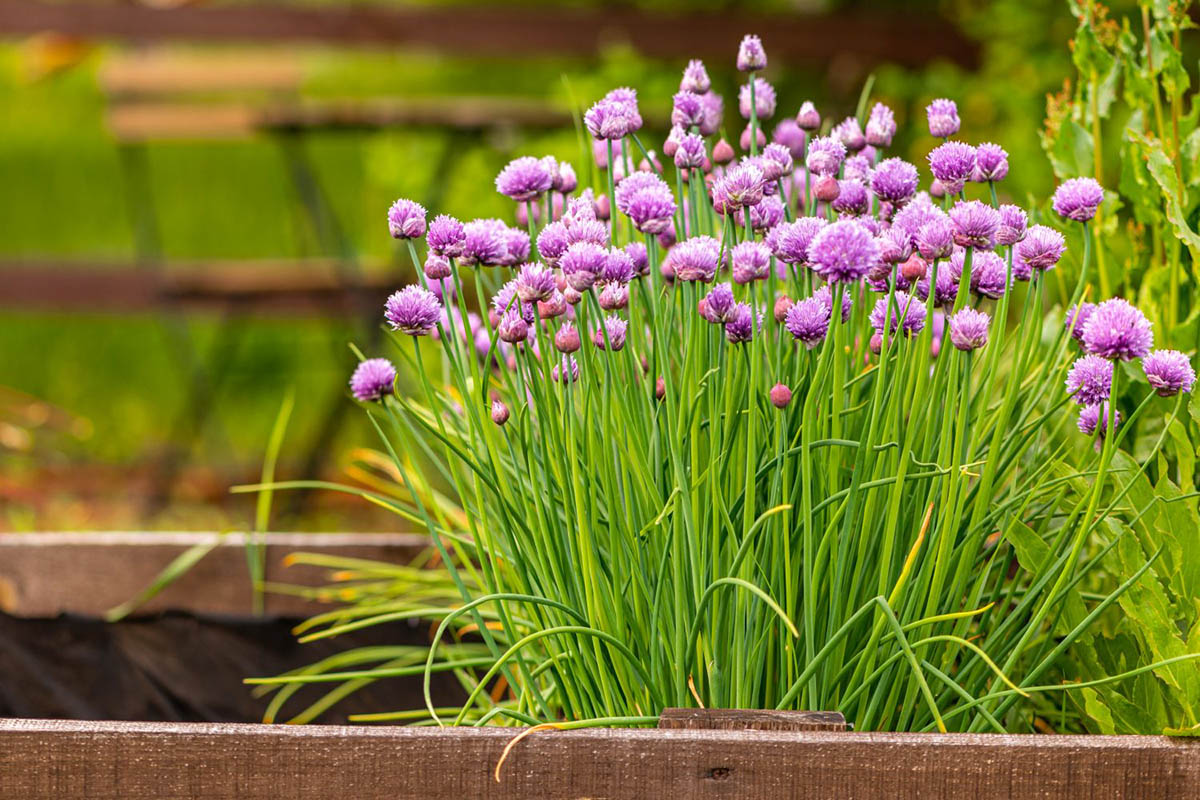
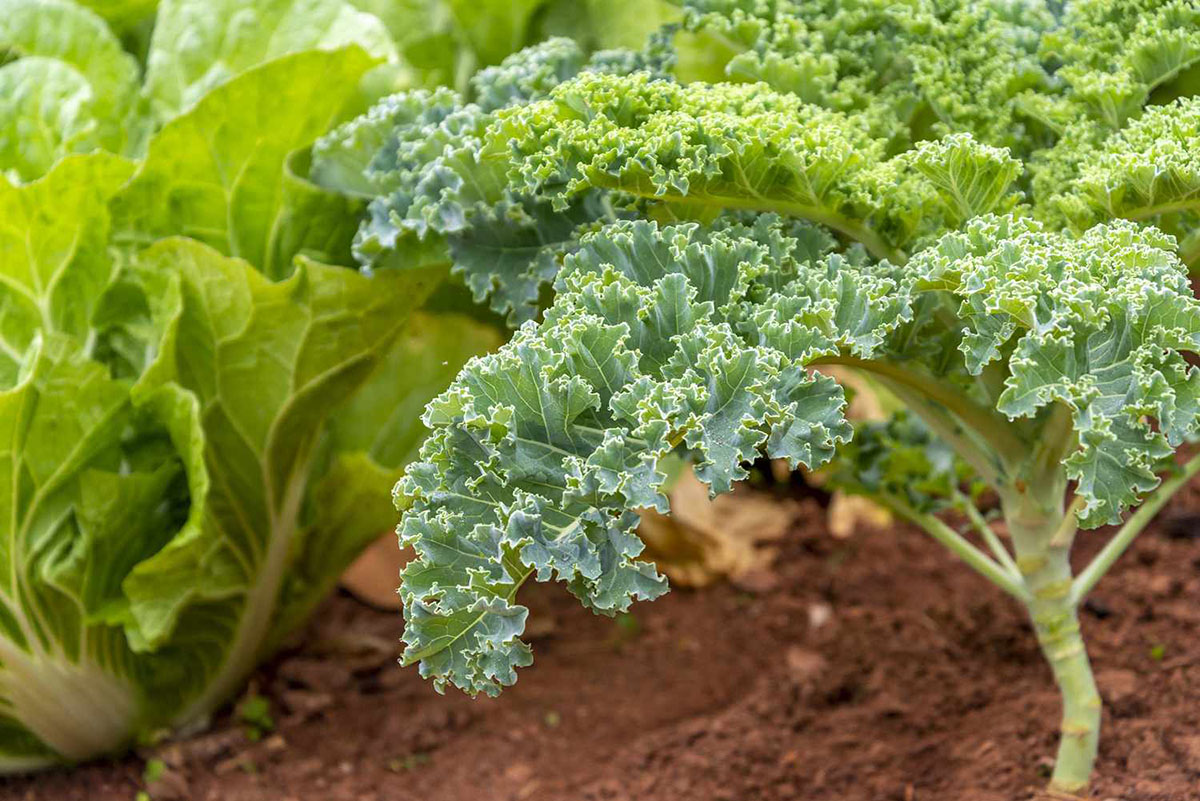
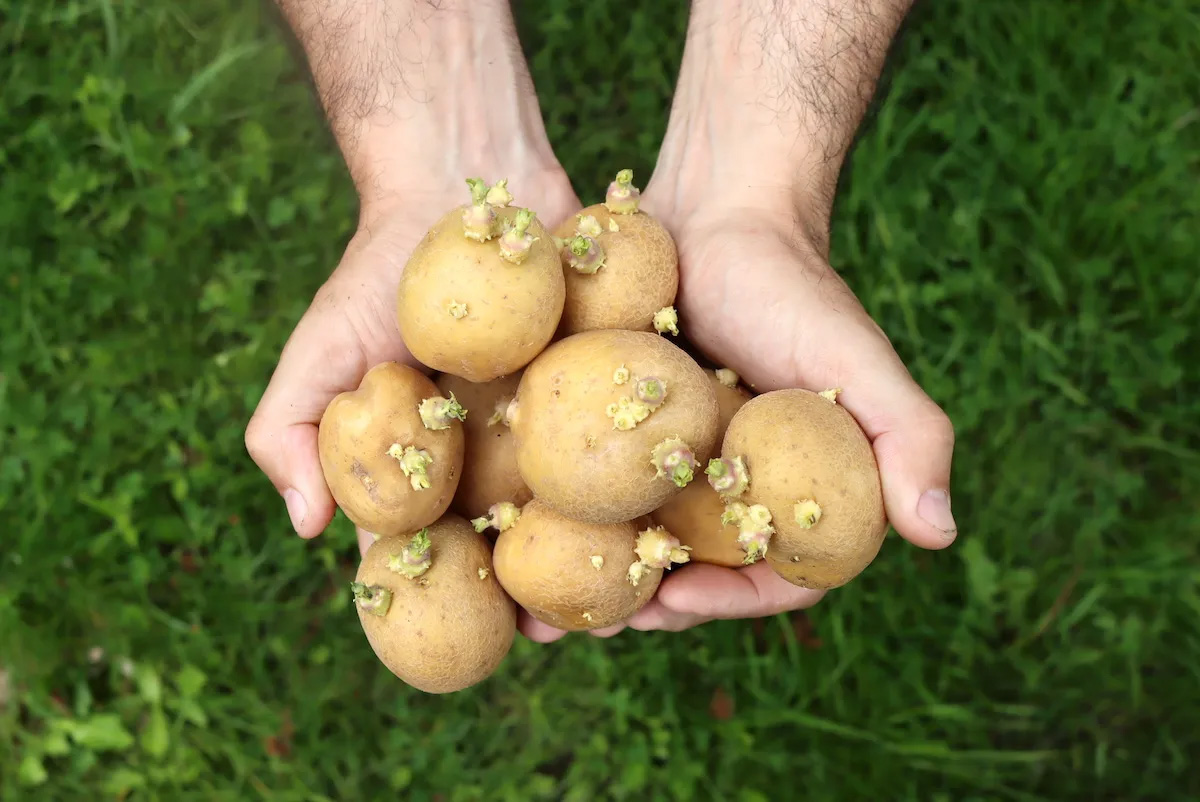
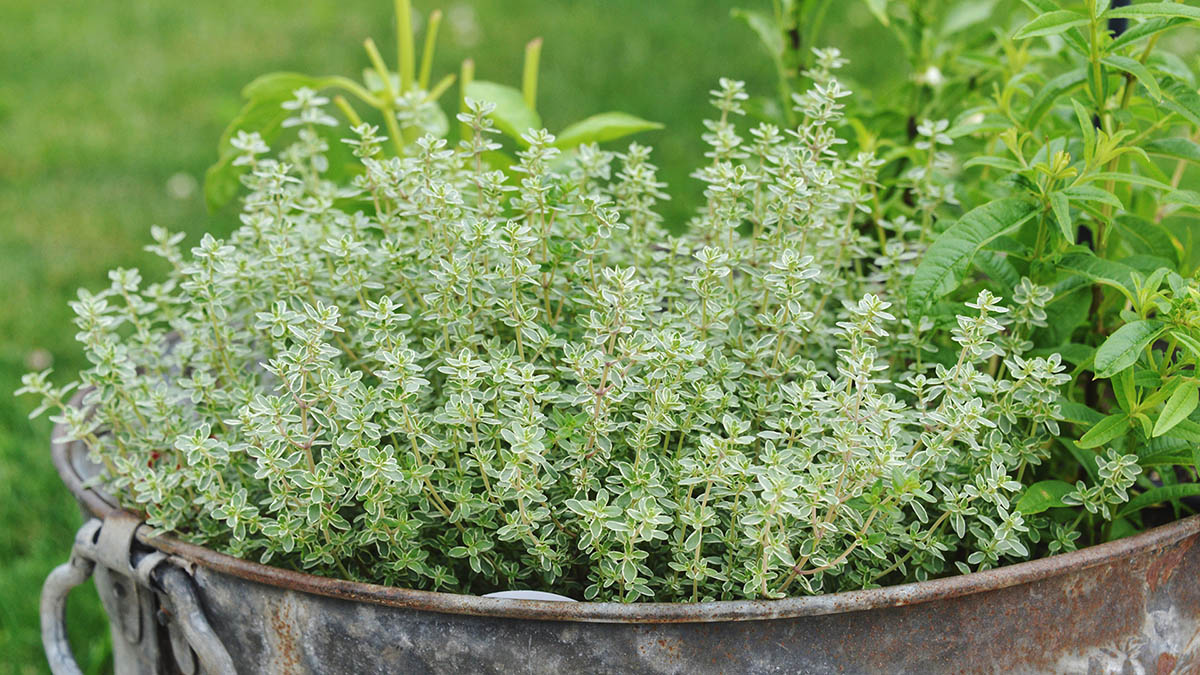
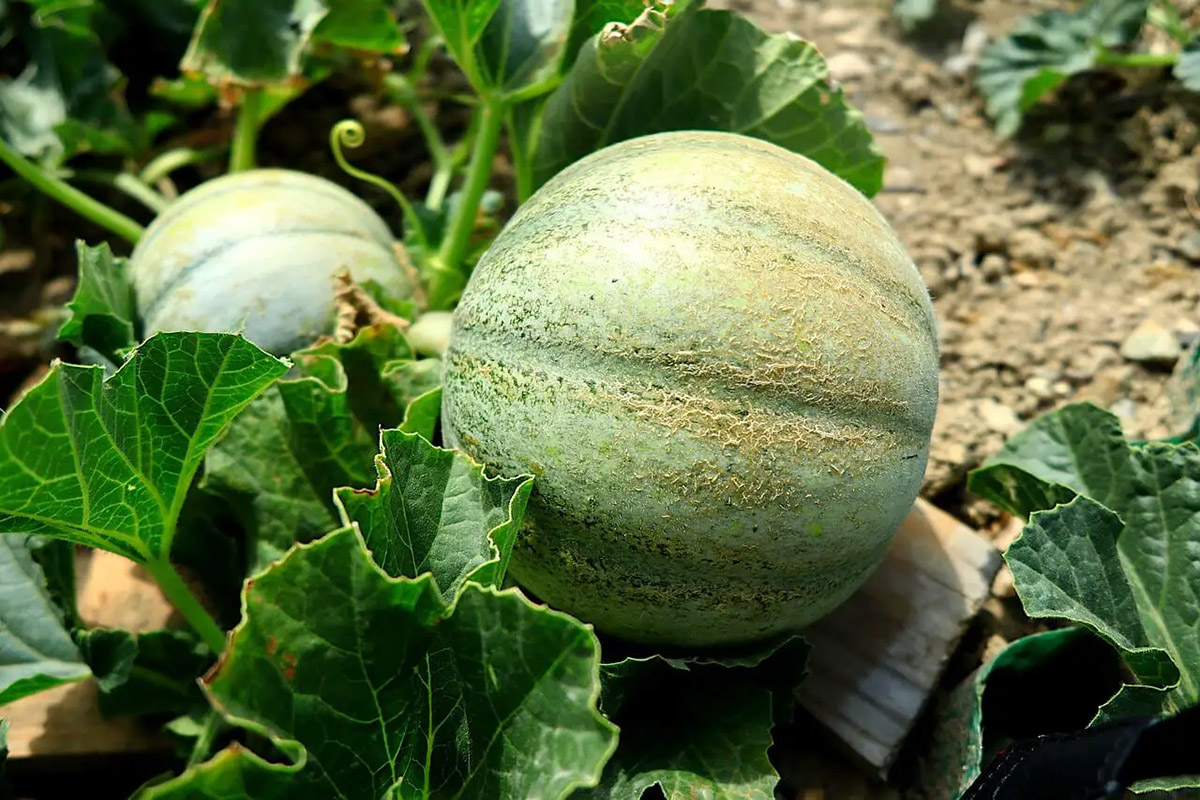

0 thoughts on “How Long Does It Take Spinach To Germinate”